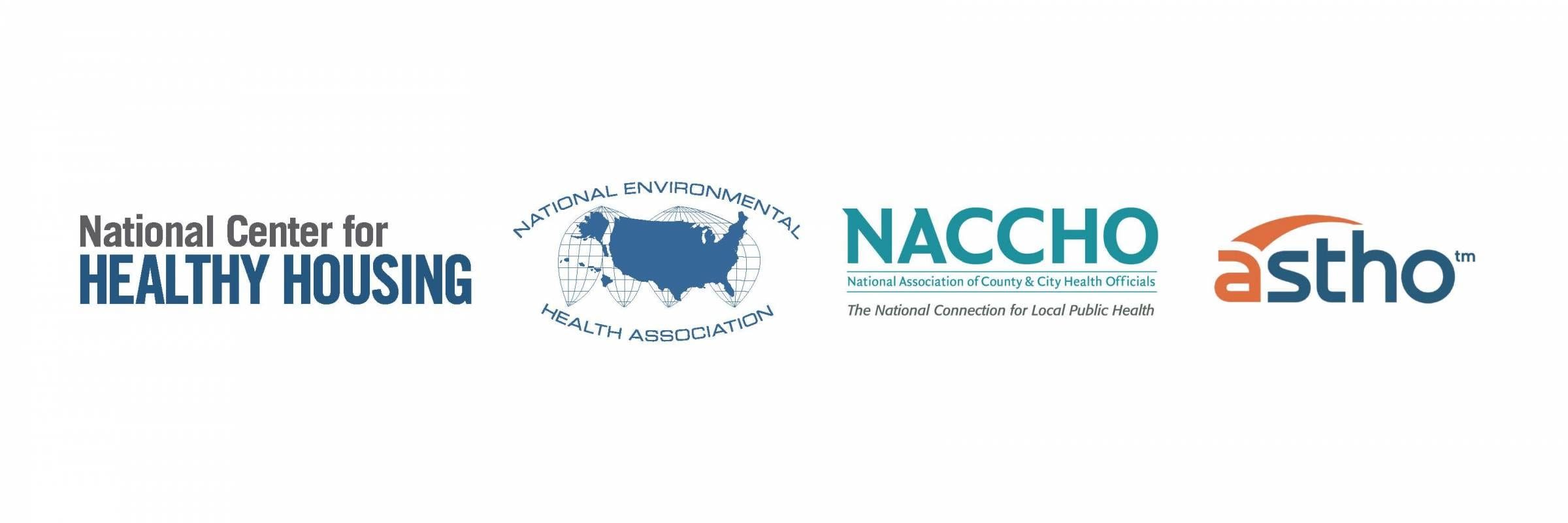2019 Health in All Policies (Childhood Lead Poisoning Prevention) Mini-Grants
THIS FUNDING OPPORTUNITY HAS CLOSED. MEET THE 2019 HEALTH IN ALL POLICIES GRANTEES BELOW.
The National Center for Healthy Housing (NCHH), in collaboration with the National Environmental Health Association (NEHA), the National Association of County and City Health Officials (NACCHO), and the Association of State and Territorial Health Officials (ASTHO), will offer support to local governmental agencies to implement a Health in All Policies strategy as part of their lead prevention implementation program and activities. This effort is supported through cooperative agreements with CDC’s National Center for Environmental Health (CDC-RFA-OT18-1802: Strengthening Public Health Systems and Services through National Partnerships to Improve and Protect the Nation’s Health).
The selection committee chose projects that build and support cross-sector relationships, integrate data systems, and incorporate health into a variety of existing decision-making processes. We believe that the experience of these recipients will significantly expand the range of models and best practices using a Health in All Policies approach to reduce childhood lead exposure by strengthening linkages of lead-exposed children to recommended services and strengthening targeted, population-based interventions.
Per the terms of the mini-grant, the recipients were required to complete their projects by July 31, 2019.
The 2019 Grantees
Allegheny County Health Department, Pittsburgh, Pennsylvania
The mission of the Allegheny County Health Department (ACHD) is to protect, promote, and preserve the health and well-being of the over 1.2 million people – particularly the most vulnerable – in 130 municipalities served in their jurisdiction, including the City of Pittsburgh. Lead poisoning prevention has been part of the ACHD’s organizational mission for decades, and they are the only organization responsible for the investigation of lead exposure in Allegheny County, including the investigation of children with elevated blood lead levels, enforcement actions when hazards are identified, and education to help families reduce childhood exposures. The mini-grant will be used to expand and support Get the Lead Out, Pittsburgh, an emerging coalition of cross-sector community partners who are eager and willing to work on lead issues through a Health in All Policies lens, particularly on building cross-sector partnerships, integrating health into a variety of existing decision-making processes, and synchronizing messaging and communication across platforms.
Houston Health Department, Bureau of Community and Children’s Environmental Health, Houston, Texas
The mission of the Houston Health Department (HHD) is to work in partnership with the community to promote and protect the health and social well-being of Houston residents and the environment in which they live. HHD has two anchor programs that address lead poisoning prevention: a CDC Childhood Lead Poisoning Prevention Program (CLPPP) and a HUD Lead-Based Paint Hazard Control Program (LBPHCP). Together, these programs reduce the incidence and prevalence of childhood lead poisoning in Houston, educate healthcare professionals and the public about the hazards of childhood lead poisoning and screening guidelines, identify, track, and provide follow-up care to children with childhood lead poisoning, and abate lead paint in homes to remove a primary source of exposure. The mini-grant will be used to expand a recent, successful place-based lead poisoning prevention pilot to the Fifth Ward, a lead poisoning hot spot, by increasing availability of integrated lead hazard data, empowering community partners, and leveraging cross-sector partnerships.
Louisville Metro Public Health and Wellness, Louisville, Kentucky
Louisville Metro Public Health and Wellness’ (LMPHW) mission is to achieve health equity and improve the health and well-being of all residents and visitors. Their efforts include working to create social and physical environments to improve health and well-being. Reaching this goal requires working across sectors to explore how practices and policies affect health. LMPHW embraces a Health in All Policies approach to facilitate common goals, complementary roles, and ongoing constructive relationships between public health, healthcare, and other sectors in the Louisville/Jefferson County community. The mini-grant will be used to participate in and support Louisville’s United Community initiative to create a shared data platform that will seamlessly connect people to the services they need. In addition to the data platform development, LMPHW will focus strategically on planning and executing two community advisory committee meetings to engage local Louisville community and agency partners, as well as re-establishing relationships with state-level partners to advance lead poisoning prevention and policy best practices, strategic planning, health impact assessments, community engagement, and health and equity.
